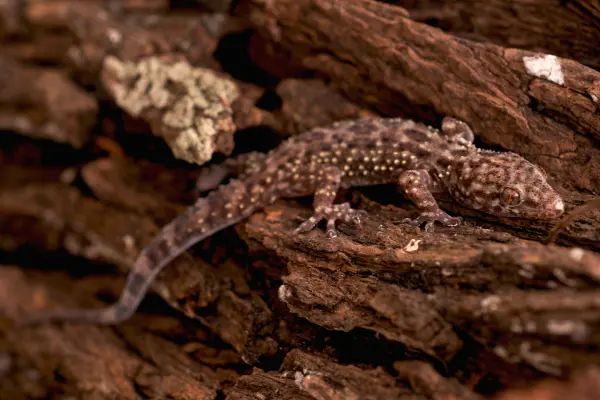Are Wild Animals Considered Pests?
Many wild animals are classified as pests because of the damage they can inflict on homes, health, and gardens. In their search for food and shelter, they often venture into human spaces, creating conflicts in urban and suburban areas.
Beyond physical destruction, wildlife pests can carry diseases that pose health risks to humans and pets. Left unmanaged, their growing populations can also disrupt local ecosystems, leading to further environmental imbalances.
Strategies for Managing These Animals
When a wild animal starts making itself at home on your property, knowing how to respond is key. The aim is always to address the issue in a way that is both humane and effective.
For wildlife pests like armadillos, chipmunks, squirrels, geckos, groundhogs, iguanas, moles, opossums, raccoons, shrews, and skunks, professional assistance is often the most reliable and safest approach. Here are specific strategies for dealing with each:
- Armadillos tend to dig up lawns in search of insects. While fencing can help keep them out, professional removal offers a more lasting solution.
- Chipmunks may look harmless, but they can cause structural damage by burrowing under patios and disturbing plant roots. Humane trapping and relocation by experts can help control their presence.
- Squirrels often find their way into attics, where they can create significant damage. Blocking entry points and seeking professional removal can prevent infestations.
- Geckos, though helpful for controlling insects, can become a nuisance indoors. Sealing potential entry points can keep them outside where they belong.
- Groundhogs are known for digging extensive tunnels that can weaken foundations. Using humane traps and relocation strategies is an effective way to manage them.
- Iguanas, commonly found in warmer regions, can wreak havoc on landscapes. Since they are protected in some areas, professional removal is the best course of action.
- Moles leave behind unsightly mounds as they tunnel underground. Professional trapping methods are the most effective way to manage them without causing harm.
- Opossums play a role in the ecosystem but can also be a nuisance when they rummage through trash or pet food. Keeping food sources secure can help, while professional services ensure safe removal if necessary.
- Raccoons are intelligent and resourceful, making them difficult to deter. Securing garbage cans and enlisting wildlife control experts can help remove them safely.
- Shrews may be small, but their tunneling can harm lawns and gardens. Professional trapping and relocation are the best ways to address their presence.
- Skunks are infamous for their strong odor and for digging up yards in search of food. Installing proper fencing can help keep them away, and professional removal is recommended for a humane solution.
Our service offers customized solutions for managing these wildlife pests, ensuring they are handled responsibly while prioritizing both their welfare and your family’s well-being.
The Benefits of Wildlife Pest Control
Picture a peaceful evening at home without the nuisance of wildlife intrusions. For many, this dream is shattered by persistent wildlife pests that bring a constant challenge full of property damage and stress.
Beyond the immediate disruptions, these pests can have lasting effects on your home’s value and your family’s well-being. Many traditional control methods rely on harsh traps or poisons that may harm the environment and unintended wildlife.
Our wildlife control service provides a humane and effective alternative. With customized solutions, rapid response to urgent situations, and a commitment to responsible practices, we help keep your home and surroundings secure.
Choosing professional wildlife management means more than just protecting your property—it’s about maintaining harmony between your space and nature. Let go of the frustration of unwanted wildlife and enjoy the comfort of a reliable, thoughtful solution.
Back to Wildlife Pest Identification

